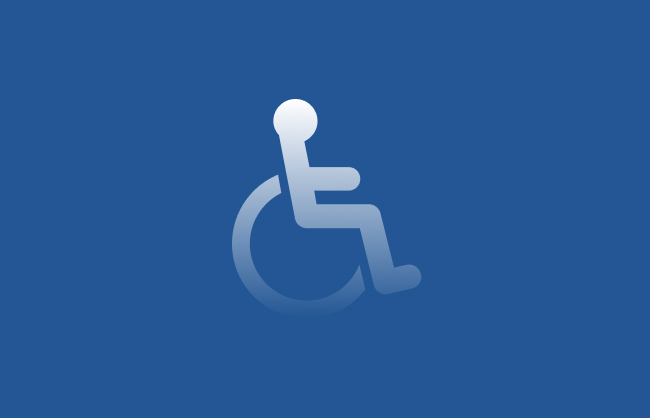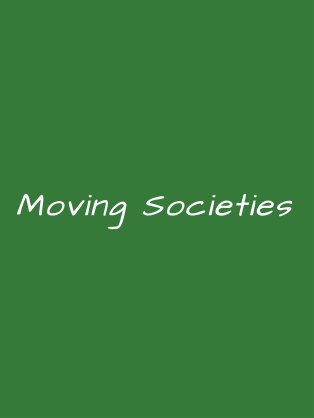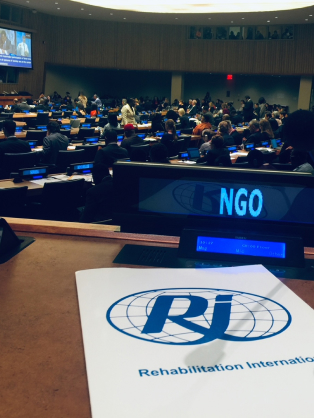Accessibility

The Symbol
We created the original International Symbol of Access in 1969
By the late 1960s, as the disability movement grew, the need for a symbol to designate accessible facilities was being discussed in a number of countries. Different access symbols had already popped up in France, Australia, Canada, the United Kingdom and the United States. As former RI Global Secretary-General Norman Acton recalled, “several of us could see a messy situation developing with multiple symbols – so there was some urgency.”
Support Our Work





